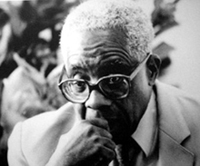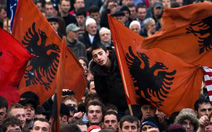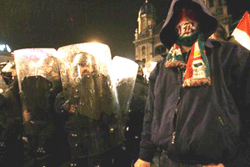
Europe


Kosovo and Serbia: Behind the Mask of Nationalism
Over the last two years the question of Kosovo's independence has totally dominated Serbian politics. During recent elections, politicians keenly used the controversy to their advantage, while neglecting to mention any social problems, such as the high unemployment rate, or rising cost of living within Serbia. Over the last decade, Serbia has seen a rapid transfer of socially owned companies into privately owned companies. It is the business tycoons, politicians and members of the bankruptcy courts that have all benefited from this change.

Phantom Republics: Front and Center After Kosovo Independence
The self-proclamation of independence by Kosovo may be the last act in the division of former Yugoslavia, or it may be one step in a new chain of territorial adjustments. There are calls in Republika Srpska, the Serb unit of the Bosnia-Herzegovina federation for its integration into Serbia. There have also been discussions among Serbs of the partition of Kosovo with the area north of the Ibar River joining Serbia.

The Politics of Sustained Civil Unrest in Europe

Hungary: The Radical Right and the Neo-Liberalist State
It's no longer raining in Budapest. Although the clouds of commotion which hung over the October 23rd anniversary of the 1956 Hungarian Revolution should have dissipated along with the official end to the ceremonies, they still hang heavy over the capital. Indeed, Friday, October 26th saw a new round of disturbances as groups of protesters blockaded traffic on two major bridges in the capital as well as on a major street. Still, all things considered, the anniversary commemorating the Hungarian Revolution passed off in a relatively peaceful manner this year.

